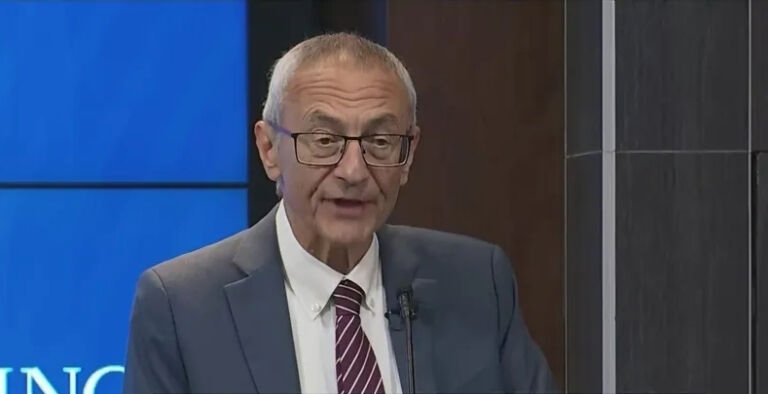David Harsanyi of the Federalist questions the rules governing the federal government’s classified documents.
In 2022, a woman named Asia Janay Lavarello, a civilian employee of the Defense Department, took materials that included classified documents to both her home and hotel room to help write a thesis project she was working on. She was fired, fined, and sentenced to three months in prison. In 2021, Izaak Vincent Kemp, a contractor with the Air Force, was found to have 112 classified documents among the papers in his home, “[d]espite having training on various occasions on how to safeguard classified material.” He was sentenced to a year in prison. In 2017, a man named Weldon Marshall was sentenced to three years in prison for having classified documents on a disc from his time in the Navy.
There are hundreds of similar examples.
None of these people, as far as I can tell, attempted to sell state secrets to the Russians or the Chinese. Most had merely mishandled documents for personal reasons — perhaps even accidentally. But the Espionage Act (or Presidential Records Act) does not offer a pardon for cooperating with authorities or for having good intentions or for making mistakes. Those who break laws governing classified documents are subject to strict liability because it’s the mishandling, not the motivations, that matter. Hillary Clinton wasn’t selling top-secret documents when using her illegal private server, but she should have known there was a high probability that foreign governments would be able to hack them. Which is why her disregard for the law was worse than any other official in memory.
Anyway, these laws have long been arbitrarily enforced. If you’re a political official sworn to uphold the nation’s laws, you’re probably going to be fine. If you’re some technocrat at the Pentagon, on the other hand, your life might be destroyed. But, thanks to Merrick Garland, we have some new standards to ponder.


